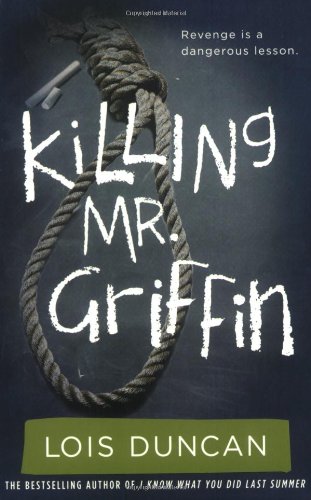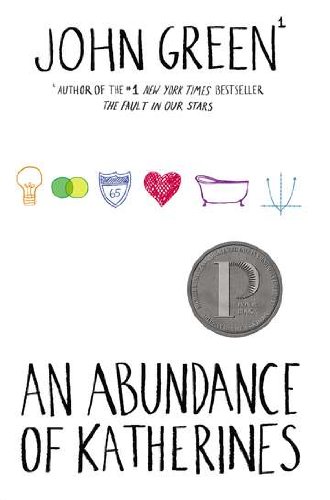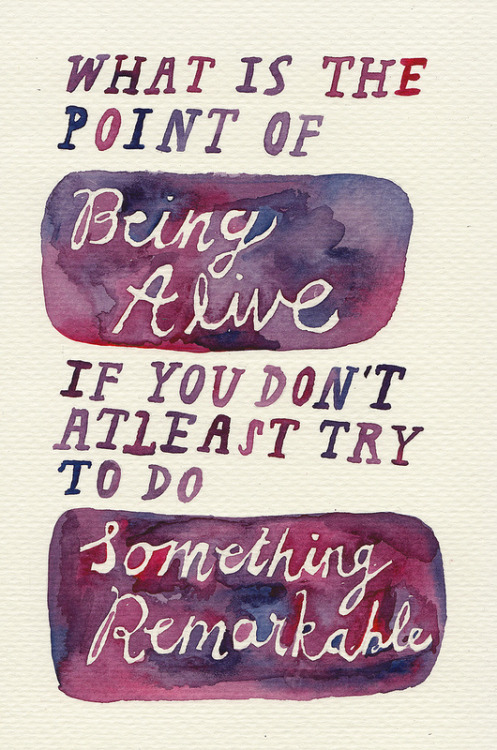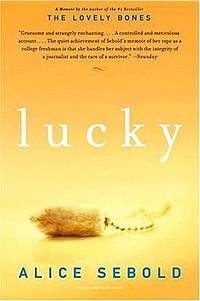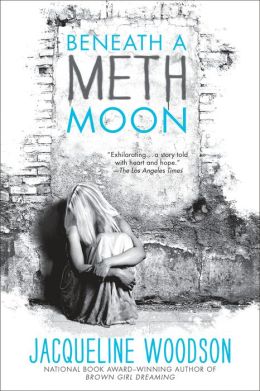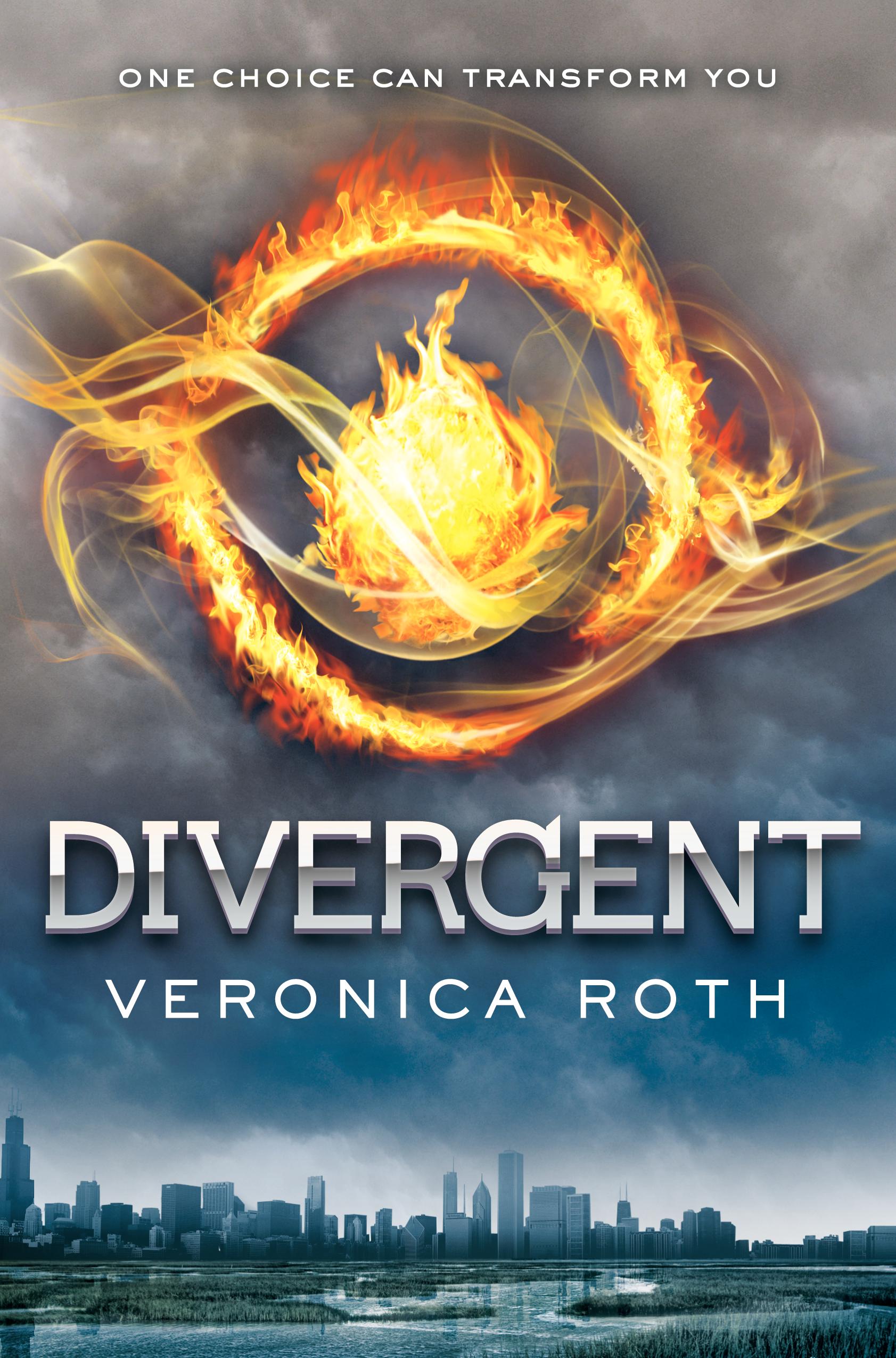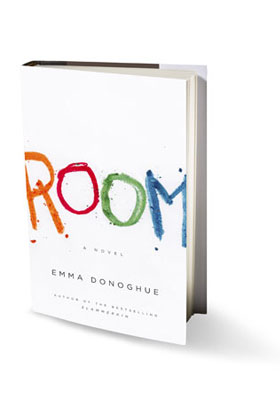Emotional level (least to most) - 9
Action (little to a lot) - 4
In this book, Sophie is trying to find answers about her sister's suicide. Along with her new found friend Evan, Sophie makes unsettling discoveries. They learn that Oakside Mental Institution might not be what it appears...
I really liked the idea and plot in the book It's not like any book I've read before. However, I wish there had been more action. There were several lulls and boring parts in the story.
I would recommend this book to someone who likes mystery books. They also need to be able to handle dark and emotional context. I have never read a book like this before.
I really liked the idea and plot in the book It's not like any book I've read before. However, I wish there had been more action. There were several lulls and boring parts in the story.
I would recommend this book to someone who likes mystery books. They also need to be able to handle dark and emotional context. I have never read a book like this before.
Overall rating (poor to excellent) - 7
Written by Sara
Quote from the novel:
"Best not to get used to that," I tell myself. It's not a good thing to start missing the company of your own imagination.
"Best not to get used to that," I tell myself. It's not a good thing to start missing the company of your own imagination.





